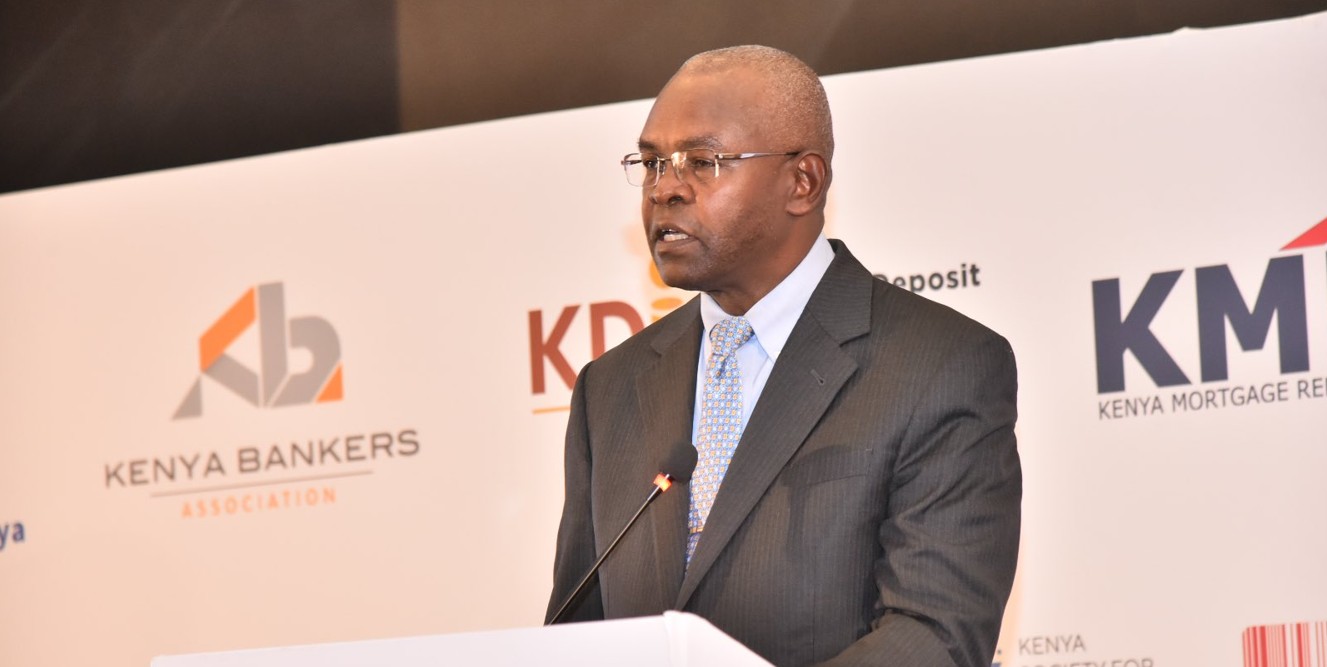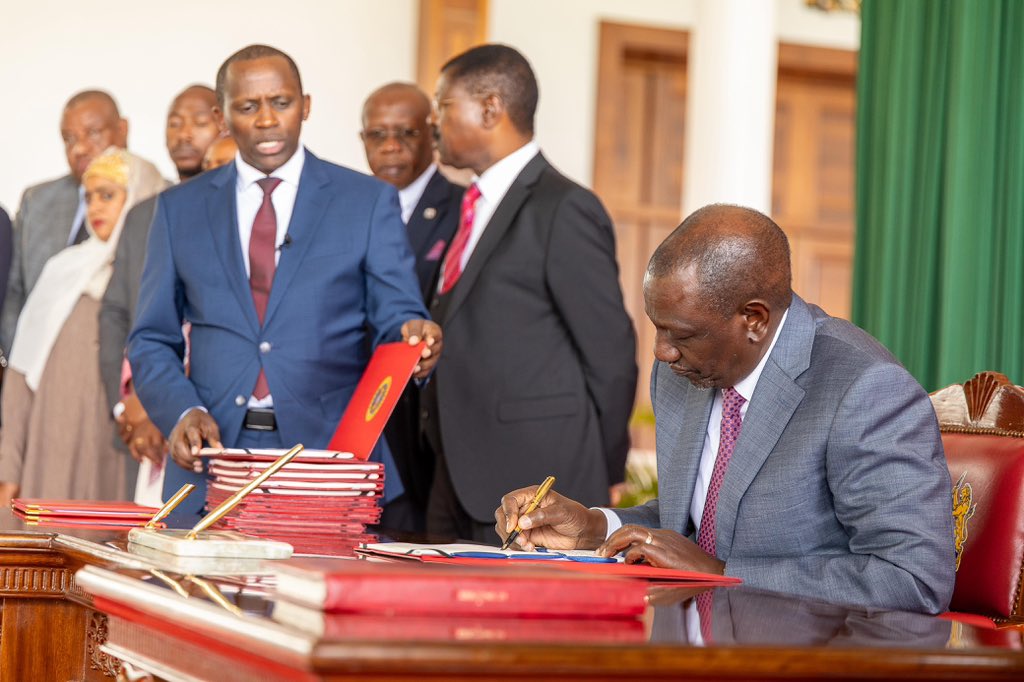Kenya drafts policy to regulate cryptocurrencies amid rising risks of fraud, cybercrime

The Treasury said the proposal reflects Kenya’s shift from considering a ban on virtual assets to integrating them into the formal economy under clear regulations.
The National Treasury has proposed a regulatory framework to oversee cryptocurrencies and digital tokens in Kenya, aiming to tackle tax evasion, fraud, and cybercrime as the use of these assets grows.
A Draft National Policy on Virtual Assets (VAs) and Virtual Asset Service Providers (VASPs) has been issued, seeking public input to finalise a document that will shape the regulation of digital assets.
More To Read
- Fraud suspects found with dozens of ID cards, SIM cards and electronic gadgets detained
- Senators expose Trans Nzoia officials for awarding themselves Sh30 million unsecured loans
- Increased digital finance adoption falls short of household resilience goals – report
- Interpol sounds alarm as cybercrime surges in East Africa amid digital boom
- Kenya moves closer to crypto regulation as MPs back joint oversight of digital asset sector
- Blogger Maverick Aoko's cybercrime case: Court sets July 7 for prosecution ruling
According to the Treasury, the draft policy is informed by experiences from other countries, adopting flexible frameworks that support domestic and international cooperation while balancing regulatory compliance and financial innovation.
The Treasury said the proposal reflects Kenya’s shift from considering a ban on virtual assets to integrating them into the formal economy under clear regulations.
“This policy guides the establishment of a sound legal and regulatory framework providing the fundamental foundation of a fair, competitive, and stable market for VAs and VASPs with the aim of fostering innovation, enhancing financial literacy, and ensuring sound risk management,” the draft document reads.
Digital finance ecosystem
The Treasury noted that the principal goal of the policy is to position Kenya as a key player in the global digital finance ecosystem.
The Treasury terms a virtual asset as a digital representation of value that can be traded, transferred, or used for payments and investments.
According to the document, the increasing popularity of virtual assets in Kenya is driven by public interest in alternative investments, the efficiency of cross-border transactions, and the pseudonymous nature of these assets.
However, the Treasury has raised concerns about risks associated with the unregulated use of cryptocurrencies, including money laundering, terrorism financing, tax evasion, fraud, and cybercrime.
“These risks underscore the urgent need for a comprehensive legal and regulatory framework to govern VAs and VASPs to ensure the safety and integrity of Kenya’s financial system,” Treasury Cabinet Secretary John Mbadi said.
Mbadi added that the adoption of this policy would provide a secure and well-regulated environment for virtual assets in Kenya.
“This is a significant step towards creating a fair and stable market for these innovations while addressing the associated risks,” he said.
The policy development comes shortly after the International Monetary Fund (IMF) backed Kenya’s efforts to regulate crypto activities. In a technical assistance report requested by the Capital Markets Authority (CMA), the IMF pledged to provide support in drafting regulations.
“Once this assessment is complete, the IMF can provide technical assistance to help Kenyan authorities address risks to financial stability, markets, and consumers,” the IMF said.
The framework, which incorporates Financial Action Task Force recommendations, is expected to be implemented by April 2025.
Trade volumes
Kenya has seen a growing adoption of cryptocurrencies in payments, remittances, and investments.
A report by crypto analytics firm Chainalysis ranked Kenya 21st globally in crypto adoption in 2023, with the country placed third in peer-to-peer (P2P) exchange trade volumes.
Additional data from a 2020 report cited by the CMA revealed that Kenya accounts for over 12 per cent of Africa’s P2P bitcoin trades, second only to Nigeria.
A 2017 research report by Citi estimated that Kenya’s bitcoin holdings amounted to approximately 2.3 per cent of its GDP in 2016.
The proposed policy is expected to provide a legal foundation for managing these assets while mitigating risks, marking a new chapter in Kenya’s approach to digital finance.
Top Stories Today










































